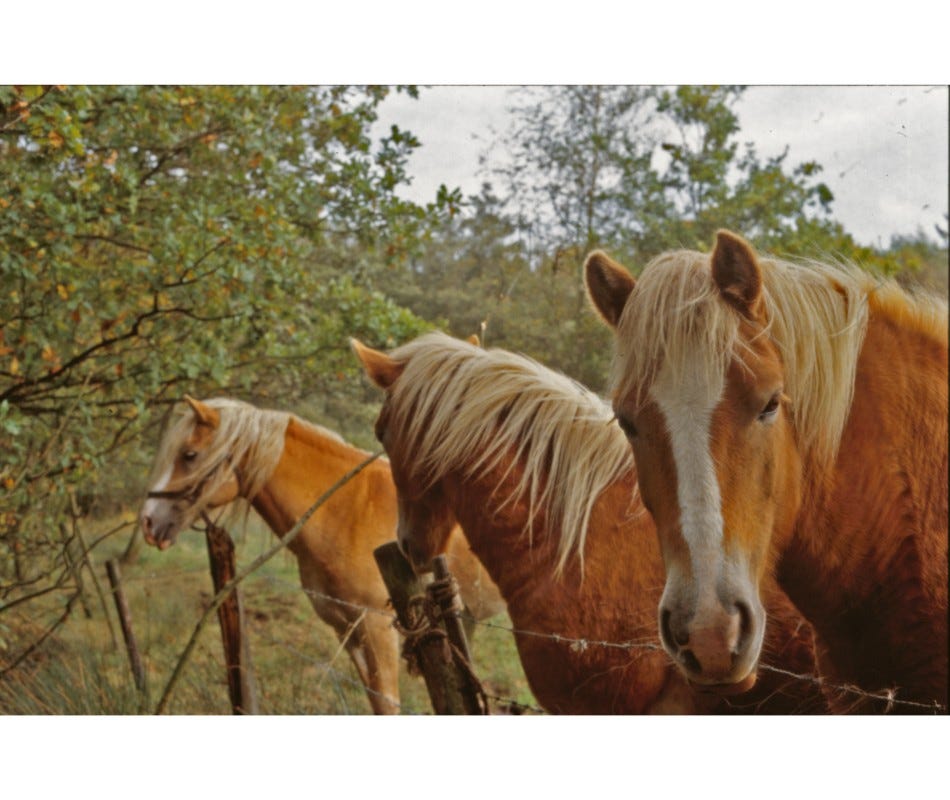We use cookies to make your experience better. To comply with the new e-Privacy directive, we need to ask for your consent to set the cookies. Learn more
Better care needed for management of gastric ulcers in older horses
Managing gastric ulcers in older horses is relatively straight forward. As with horses of any age - the key is to understand the causes, treat accordingly and make the appropriate lifestyle changes.
The most common cause of gastric ulcers in senior horses are:
- Bacterial imbalance
- Difficulty consuming adequate forage
- Lifestyle stressors
Causes of gastric ulcers in older horses
Bacterial imbalance
When a foal is born, it has a sterile digestive tract but it acquires both beneficial and harmful microorganisms as it grows. Usually, the good bacteria makes sure that the population of harmful bacteria is maintained at minimum.
If the number of good bacteria starts to diminish, the harmful bacteria are likely to take over.
Providing a probiotic supplement will replenish the number of good bacteria, consequently improving the function of the digestive tract.

Difficulty consuming enough forage
In older horses, effective food digestion and nutrient absorption starts to wane.Much like humans, animals can also have impaired organ function as they get older and this leads to decreased weight and compromised health. The horse’s muscle mass may begin to decline and connective tissues won’t be as tight, causing the belly to sag.
The immune system becomes compromised at this point which predisposes the horse to infection and slow healing of wounds. This is why ulcers can become a long standing issue for the older horse.
Furthermore, well-meaning owners sometimes offer a 'grain based' meals to increase condition in older horses. Unfortunately, this creates an even more acidic environment in the horses's stomach and is detrimental to 'good bacteria'.
Stressors
Throughout their lifetime, horses face different stressful situations such as weaning, racing, travel, climate changes, diet changes, breeding, injury, and sickness. Stress increases the amount of acid inside the horse’s stomach which kills off the good bacteria.
This die-off can also occur when a horse is given antibiotics.
Treating gastric ulcers in older horses
Medication
A probiotic is the ideal solution for digestive problems common in older horses. A combination of omeprazole with an added probiotic is the best solution for the older horse. The omeprazole will heal the ulcers and the probiotic helps restore natural intestinal flora, leading to more rapid recovery and better nutrient absorption
Lifestyle Adjustments
Offer low sugar forage options. For older horses this can be ad-lib hay (soaked if their teeth are worn down) or for very old horses you can feed low sugar mashes - with no grain.
Horses are herd animals and benefit enormously from company. Even if they appear to be 'picked on' by younger horses - they will be less stressed in a herd environment than in isolation.








Validate your login